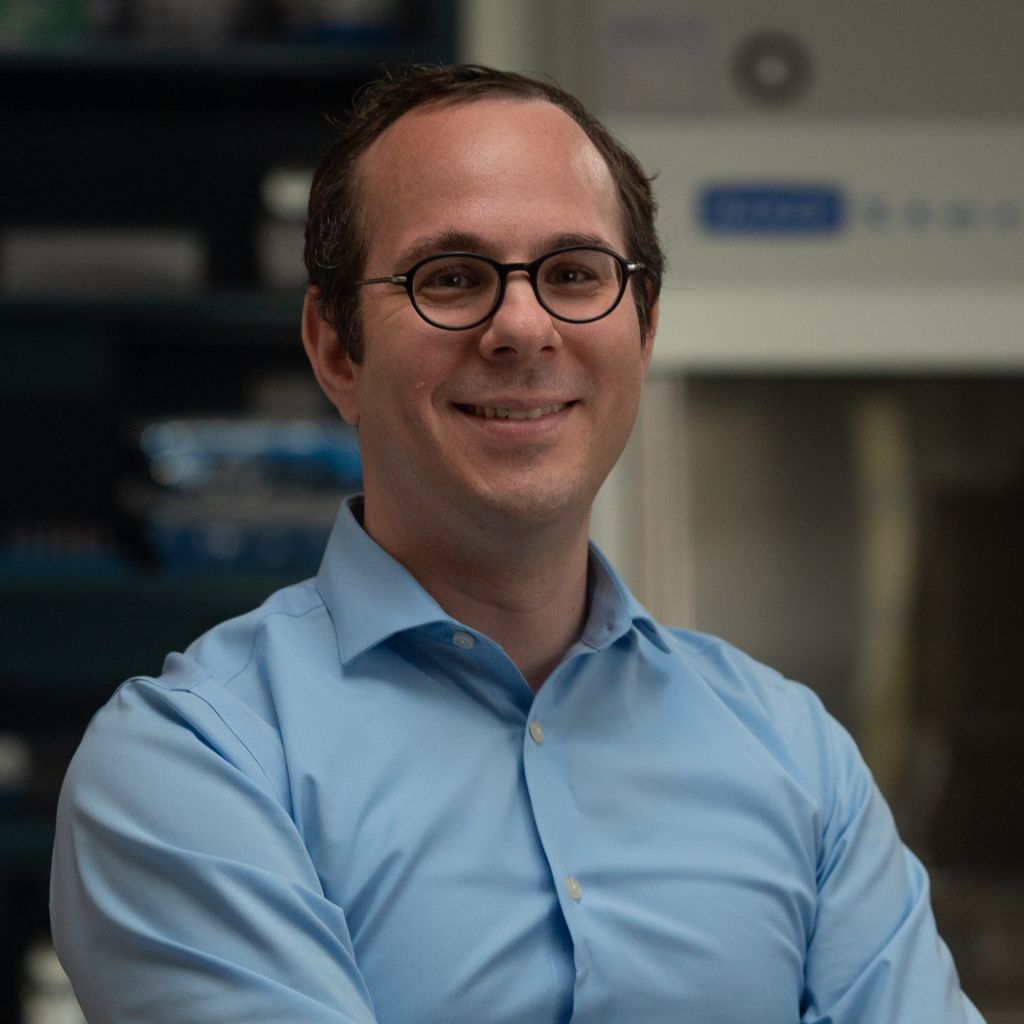2024 Igor Tulchinsky – PCF VAlor Challenge Award





Germline Genomic and Clinical Predictors of Prostate Cancer Outcomes and Treatment Toxicity in the ProtecT Randomized Trial
Principal Investigators: Tyler Seibert, MD, PhD (University of California, San Diego), Freddie Hamdy, MD (University of Oxford, UK), Jenny Donovan, PhD (University of Bristol, UK), Richard Martin, PhD (University of Bristol, UK), Paul Boutros, PhD (University of California Los Angeles)
Co-Investigators: Emma Turner, PhD (University of Bristol, UK), Athene Lane, PhD (University of Bristol, UK), Rajeev Kumar, PhD (University of Oxford, UK), Sarah Kerns, PhD (Medical College of Wisconsin), Lee-Jen Wei, PhD (Harvard University; Harvard T.H. Chan School of Public Health)
Young Investigator: Roni Haas, PhD (University of California Los Angeles)
Description:
- Patients diagnosed with early-stage localized prostate cancer may be eligible for radical prostatectomy (RP), radiotherapy (RT) with androgen deprivation therapy (ADT), or active monitoring. However, the ability to accurately identify patients who are at higher risk for cancer progression and should opt for definitive therapy rather than monitoring is urgently needed.
- Additionally, patients for whom definitive therapy is recommended face a difficult choice between RP vs. RT with ADT. Both are highly effective but have distinct toxicity profiles, which are impacted by age, comorbidities, and genetic factors. The ability to better predict treatment-associated toxicity risks for patients is needed to aid in this choice.
- Dr. Tyler Seibert and team seek to identify clinical and genetic features that predict risk of metastatic prostate cancer, accurately measure the average risk of severe late toxicity from RT and ADT, and identify clinical and genetic features that predict individualized risk of severe late toxicity from definitive prostate cancer treatment.
- In this project, the team will utilize data from a large comprehensive phase 3 trial to evaluate clinical features and genetic markers that predispose to metastatic prostate cancer. Both common genetic markers and rare pathogenic mutations in genes for DNA damage repair (DDR) will be evaluated. Additionally, the team will evaluate clinical features and genetic markers that predispose to severe late toxicity from RT and ADT.
- If successful, this project will identify clinical-genetic biomarkers that provide individualized assessment of meaningful benefits and risks of radical treatment for localized prostate cancer, and aid in more informed treatment decisions to improve patient outcomes.
What this means to patients: Patients diagnosed with early-stage localized prostate cancer can face difficult choices between active monitoring vs. definitive treatment with radical prostatectomy (RP) or radiotherapy (RT) with androgen deprivation therapy (ADT), due to inadequate biomarkers that predict their individual risks vs. benefits with each option. Dr. Seibert and team will identify clinical-genetic biomarkers that predict which patients are at greatest risk of metastatic prostate cancer and identify those at greatest risk of toxicity from radiotherapy. This will aid in improving treatment decisions and outcomes for these patients.

